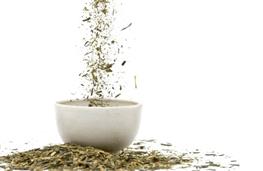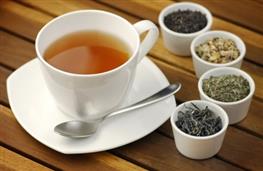Hi! Our privacy policy explains how we use your data and cookies. By continuing to browse the site, you're agreeing to our use of cookies.
Tea decaffeinated
Some of the phytochemical content of this version of tea is greatly reduced by the decaffeinating process whereas the quercetin and myricetin content is increased
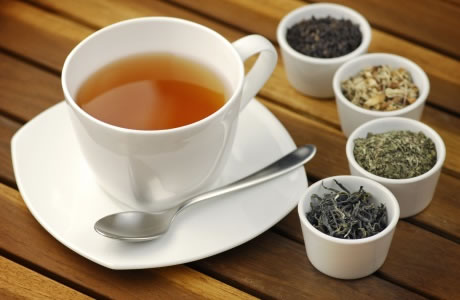
We have only used the phytochemical data as there is some confusion as to the amount of dry tea leaf used in the vitamin and mineral analysis.
What are the health benefits of Tea decaffeinated ?
Some of the phytochemical content of this version of tea is greatly reduced by the decaffeinating process whereas the quercetin and myricetin content is increased.
Select portion-size:
Portion size set to: 2 g

The personalised nutrition platform for health hungry people
beyond food - Add to food diary - Add a recipe - Add a menu plan - My recipes - My reports - My profile
Copyright 2026 - Terms and conditions - Privacy Policy - Contact us -

 About nutrients
About nutrients
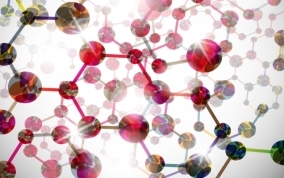 All nutrients
All nutrients
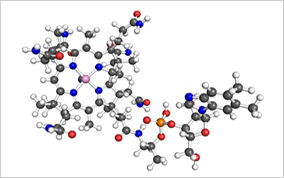 vitamins
vitamins
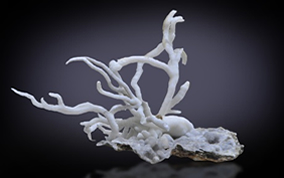 minerals
minerals
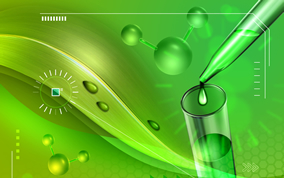 phytochemicals
phytochemicals
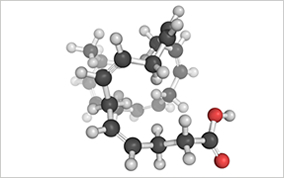 fatty acids
fatty acids
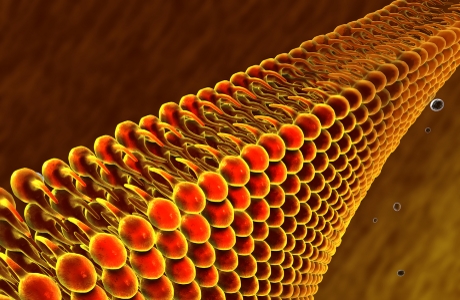 macronutrients
macronutrients
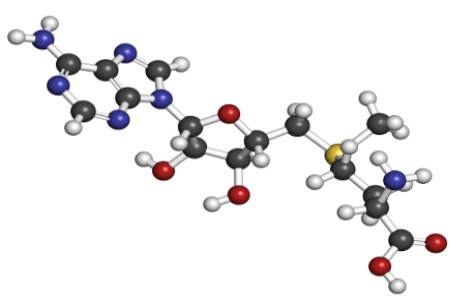 amino acids
amino acids

